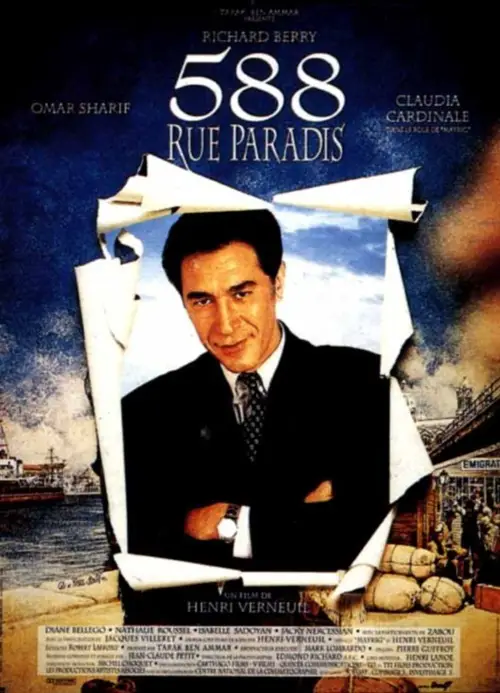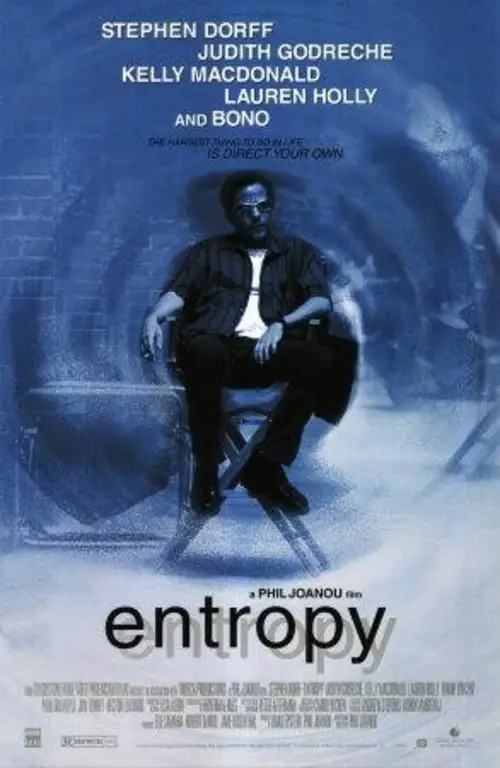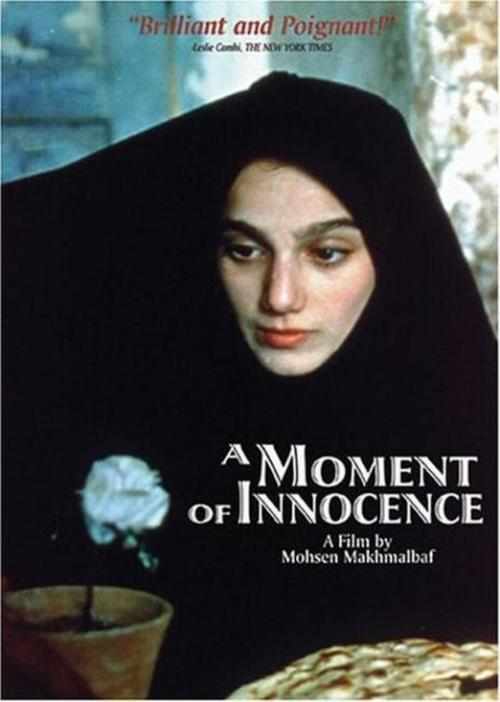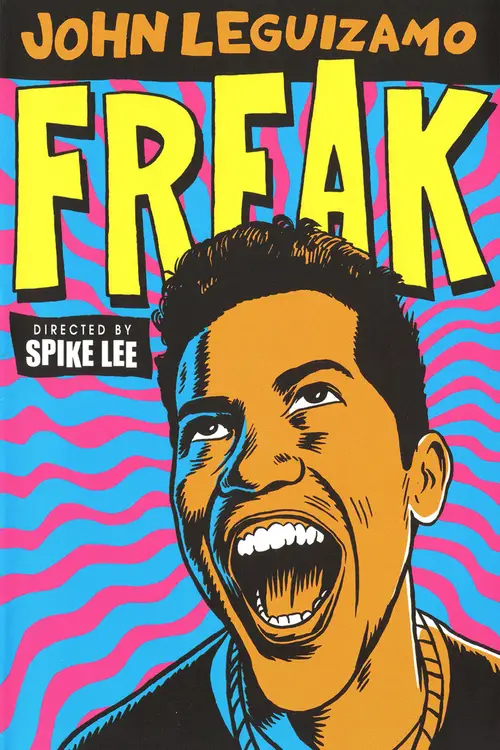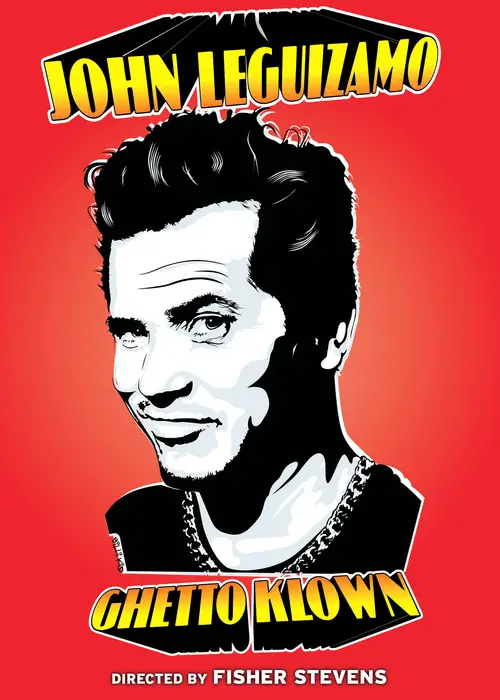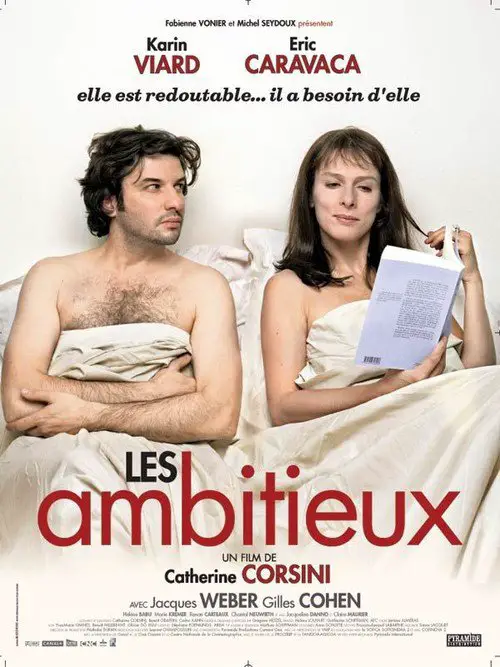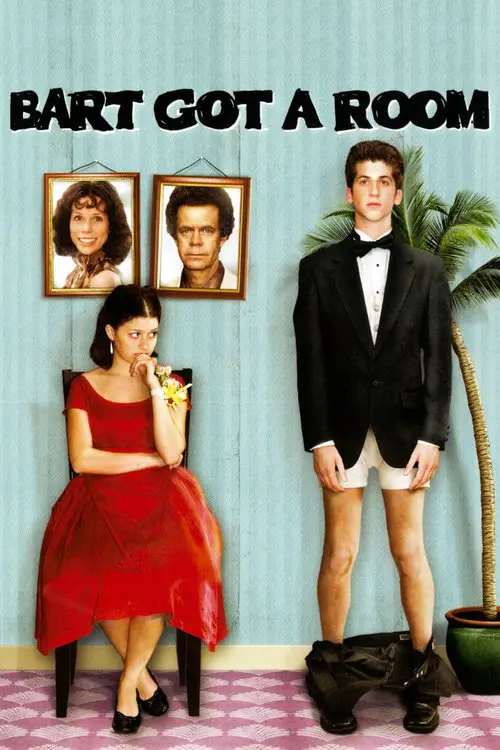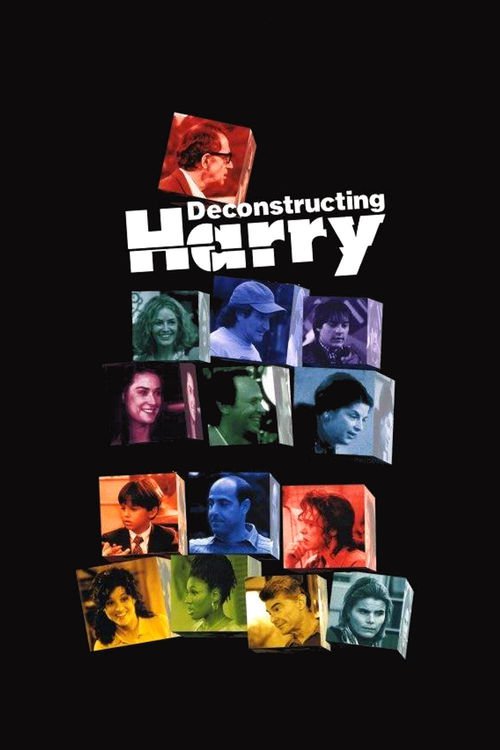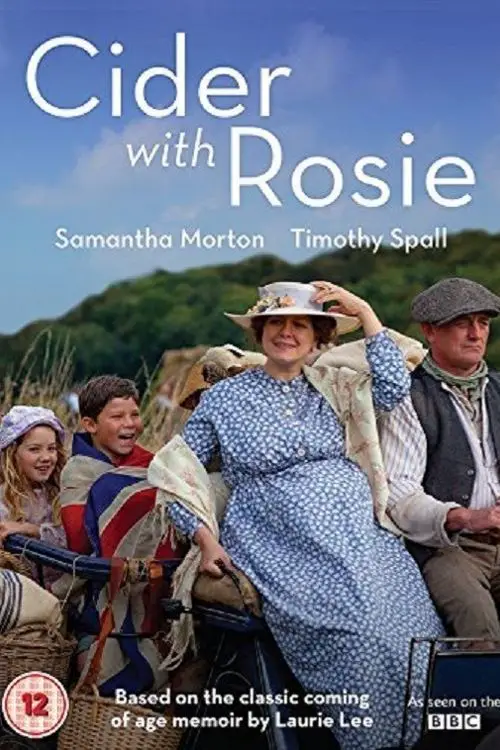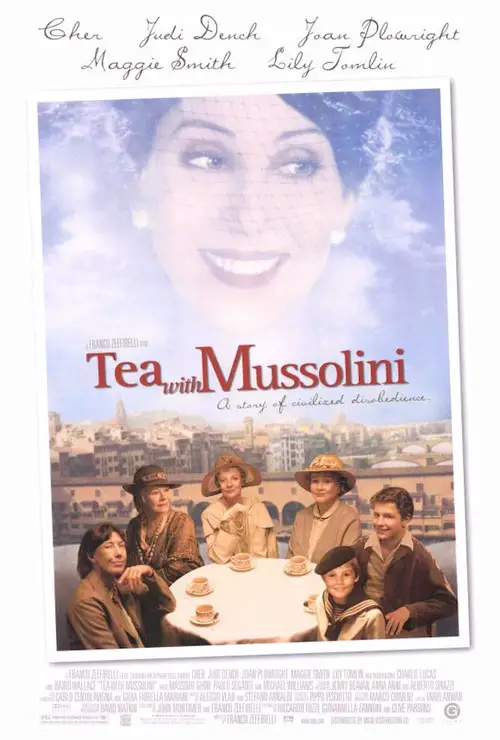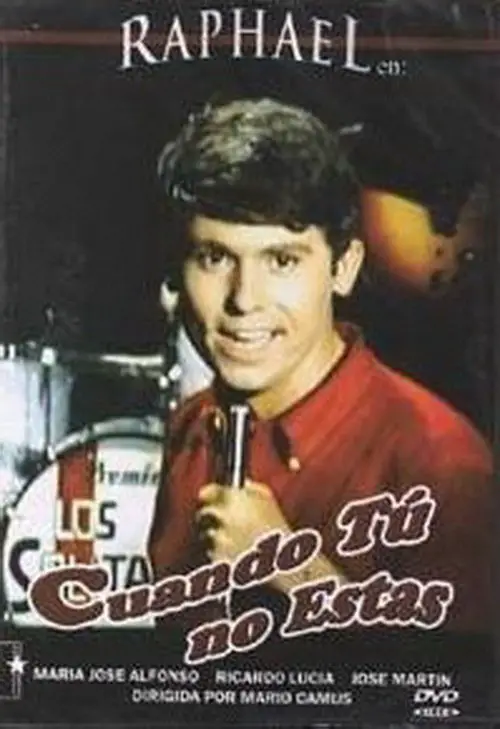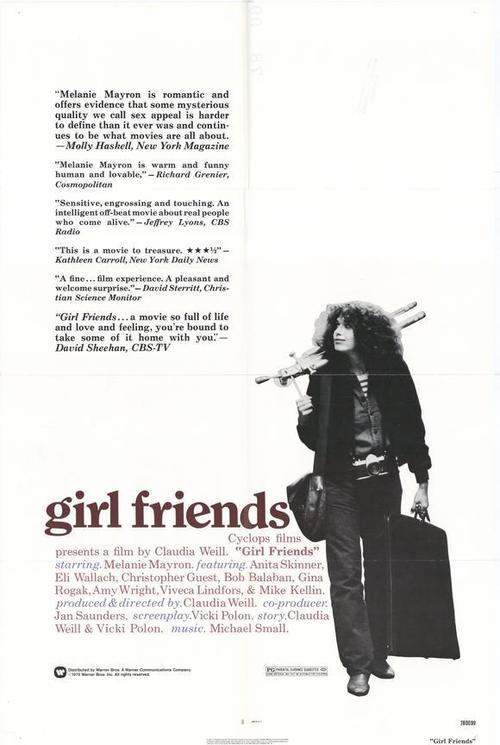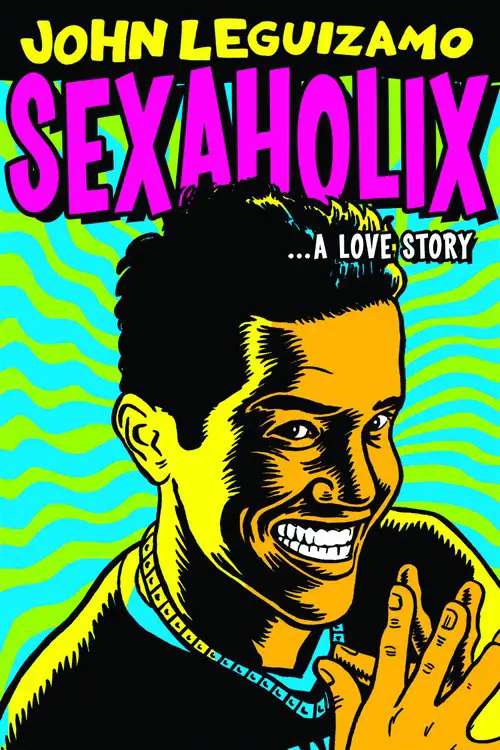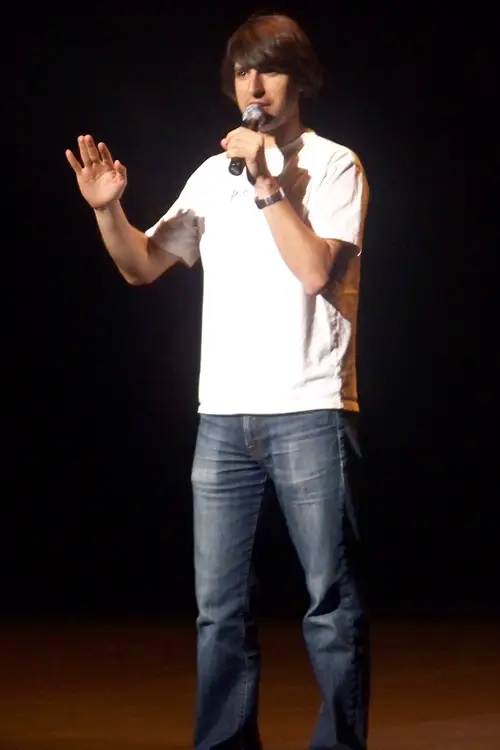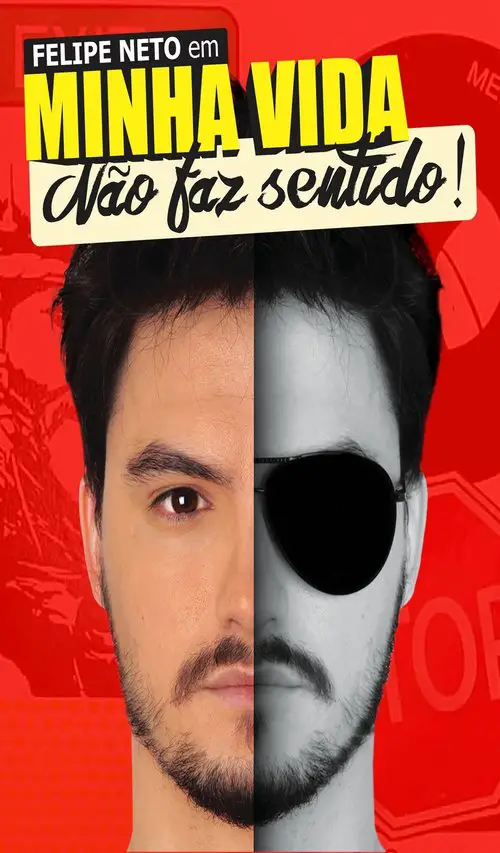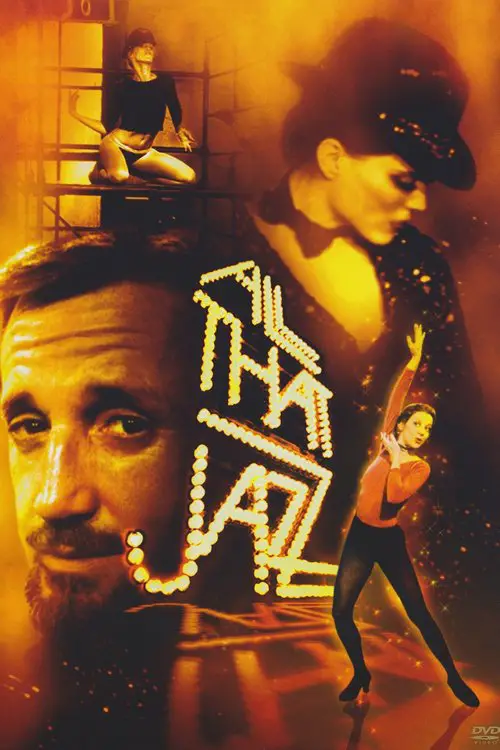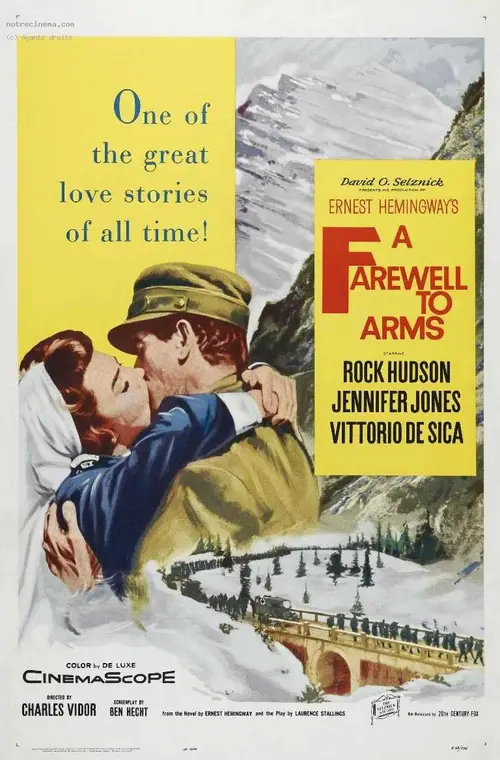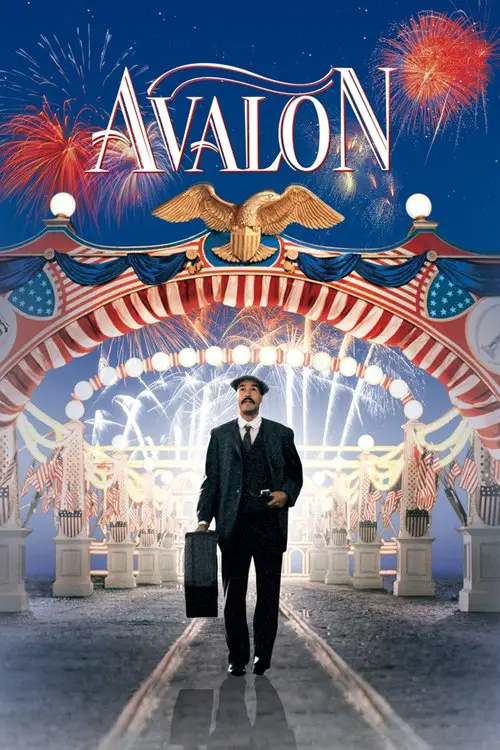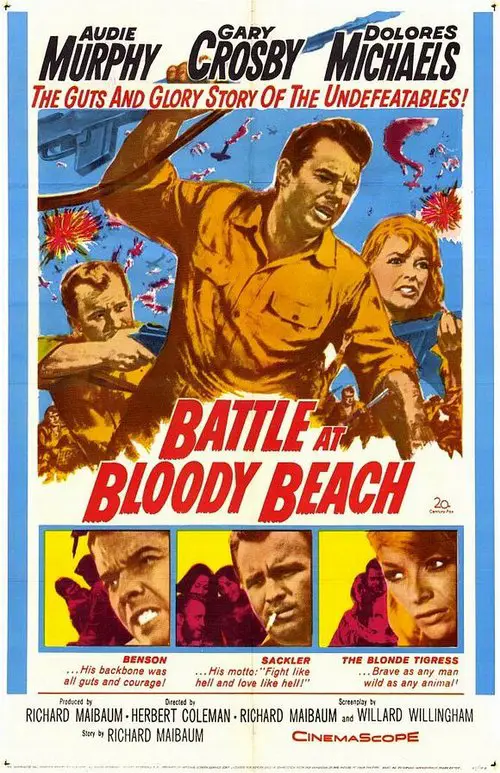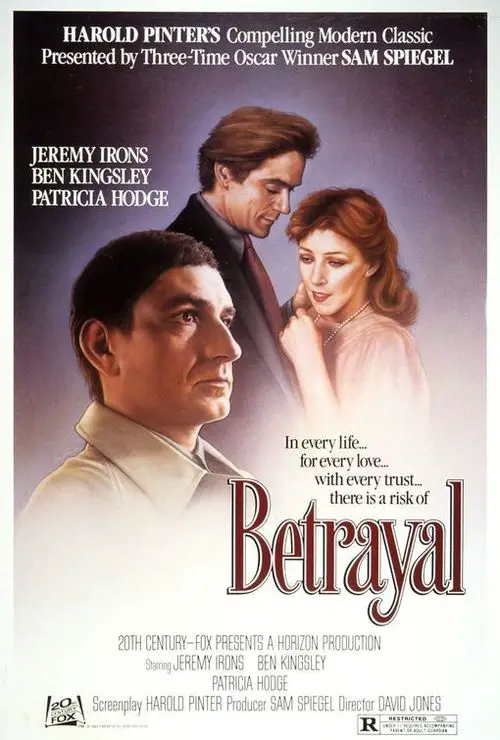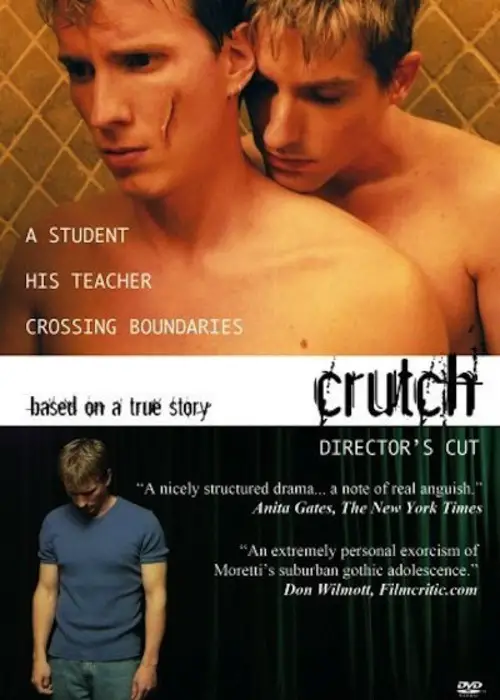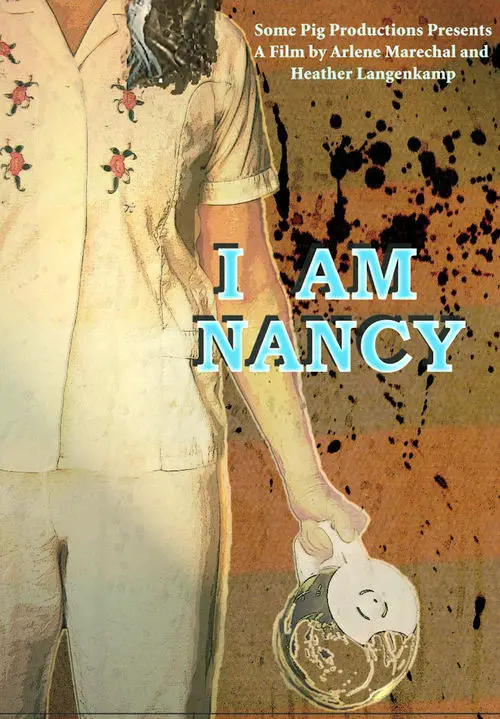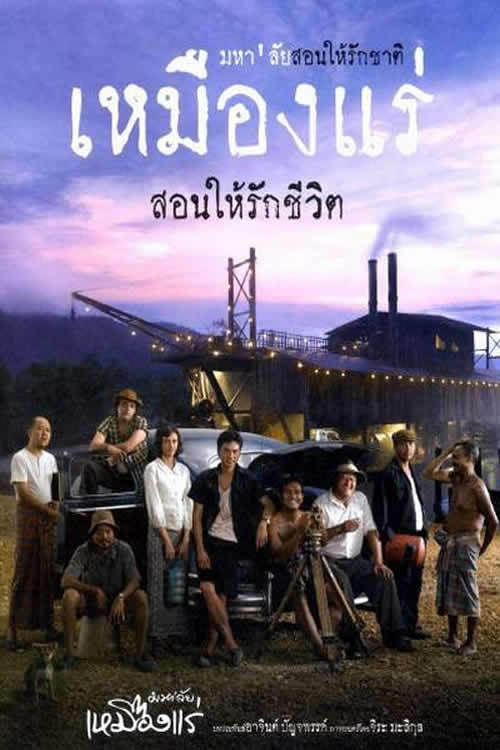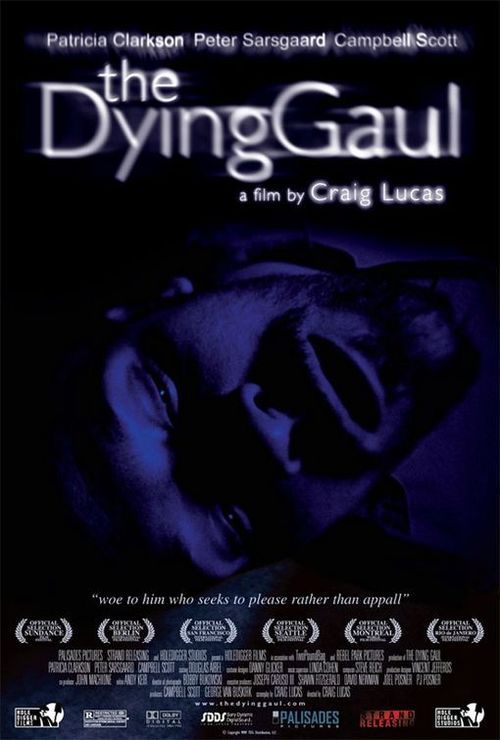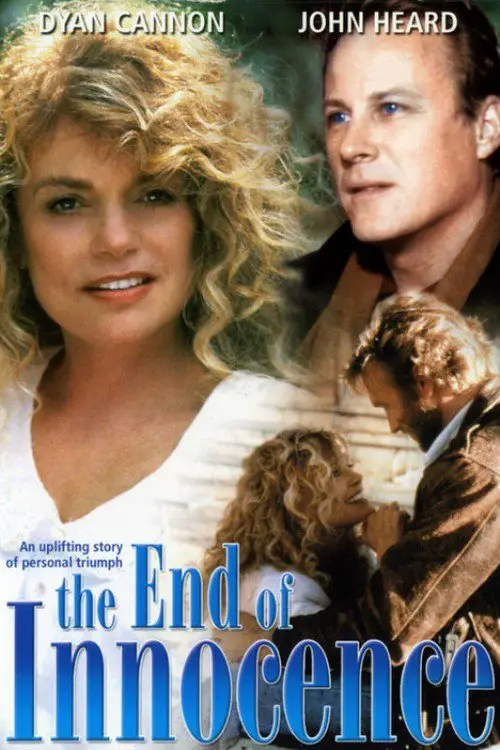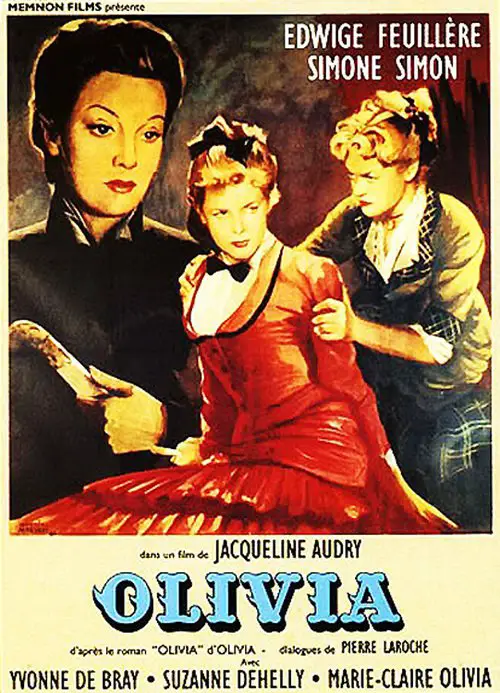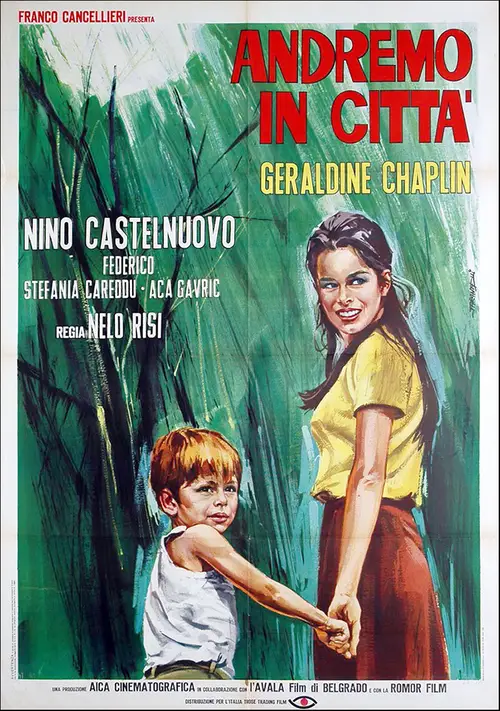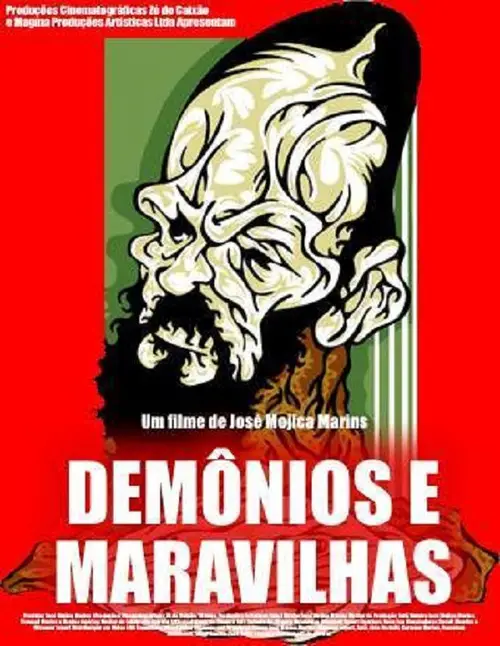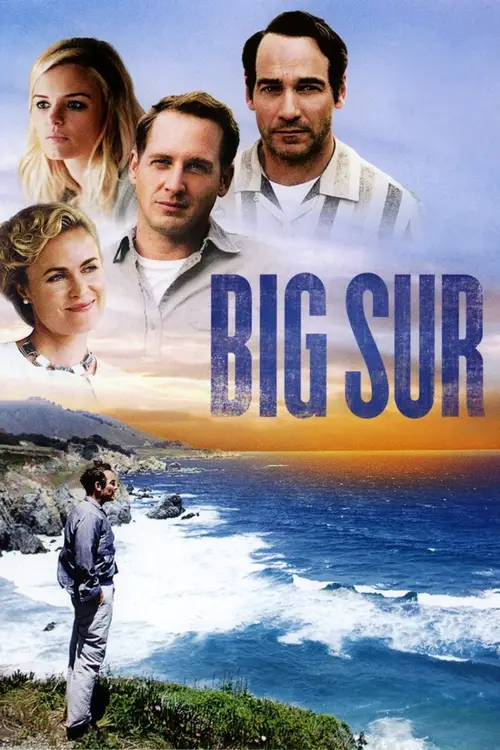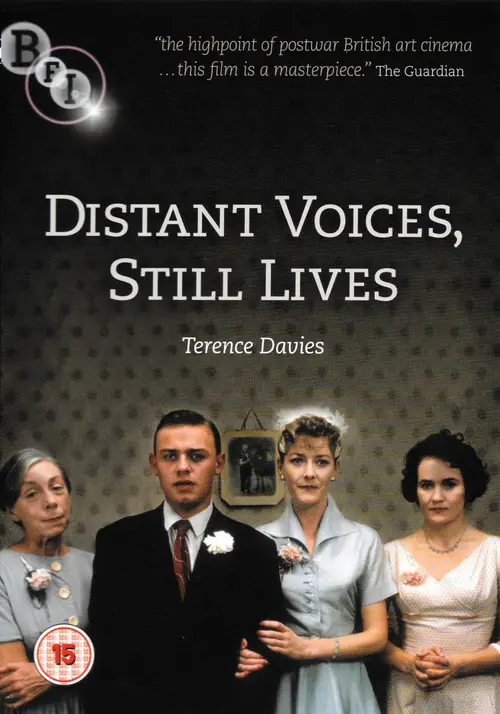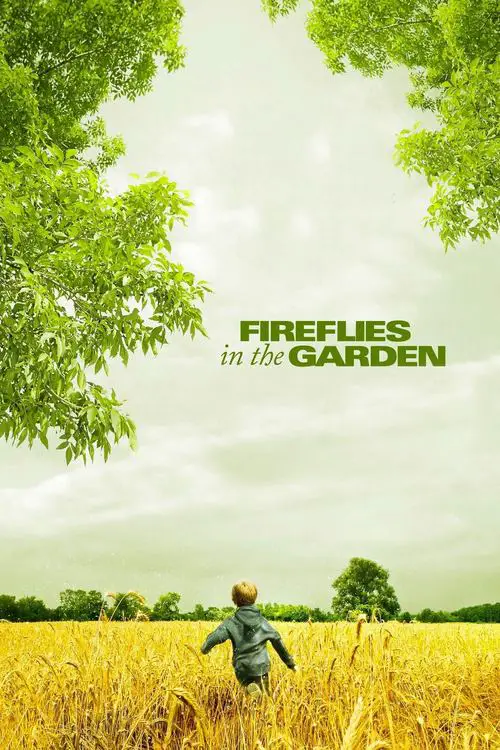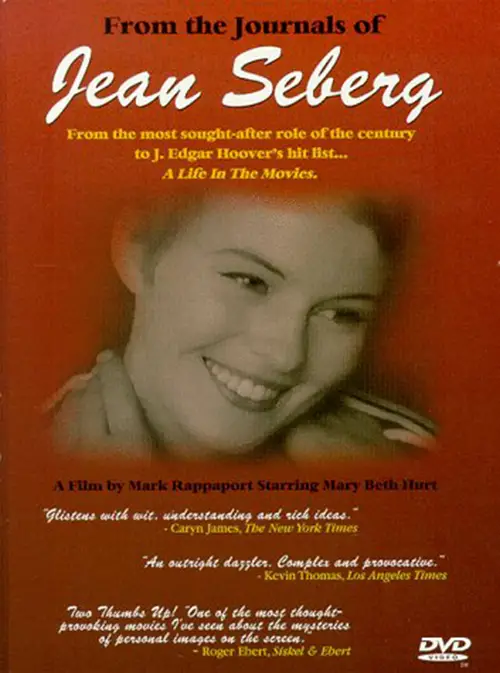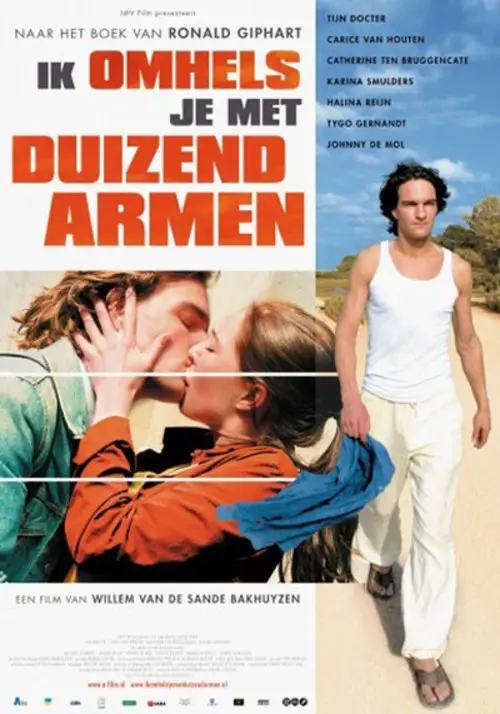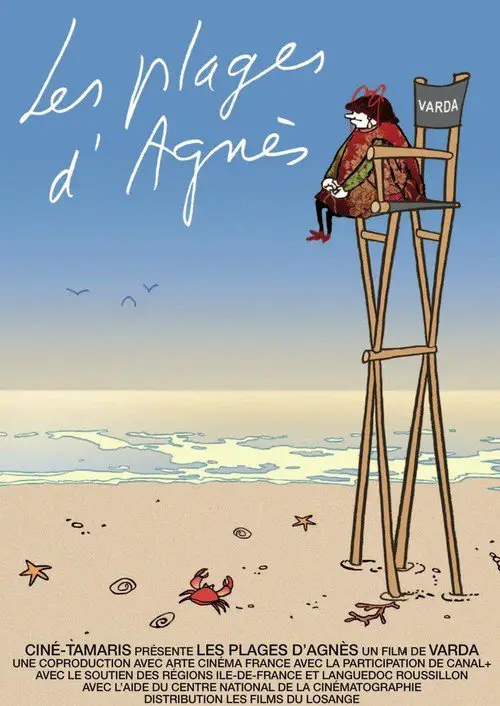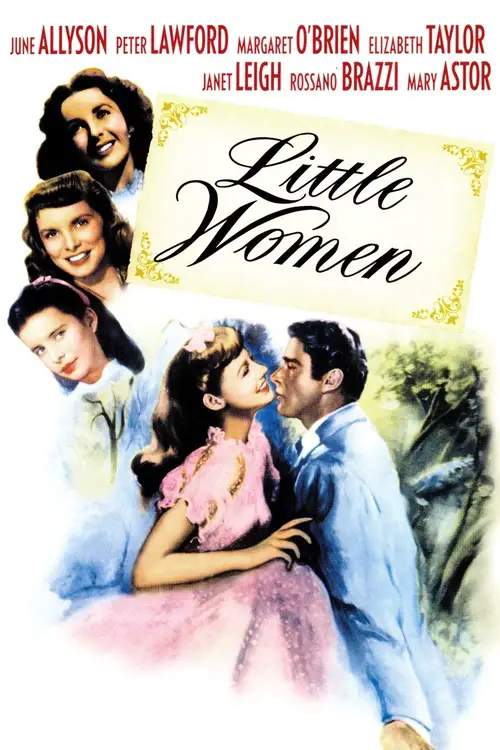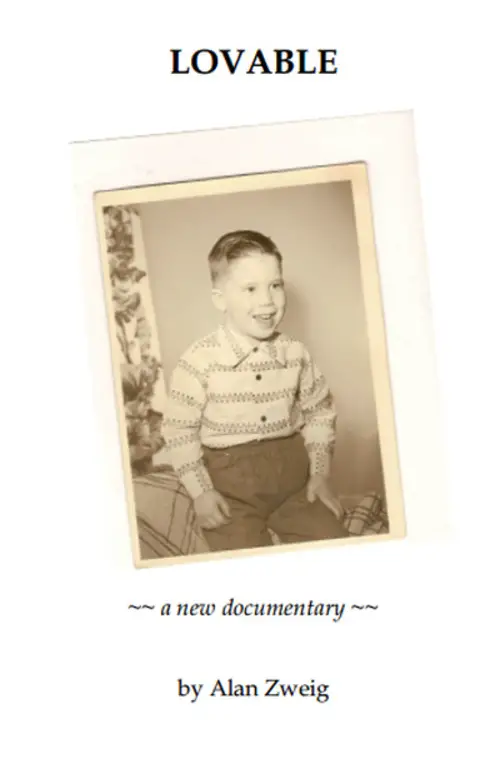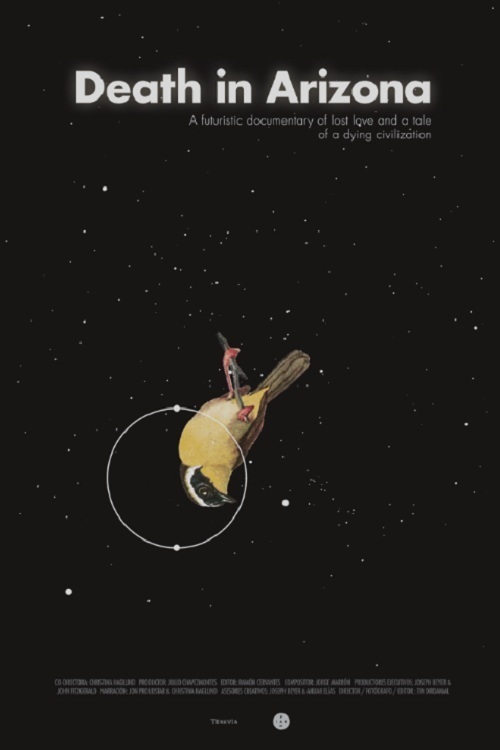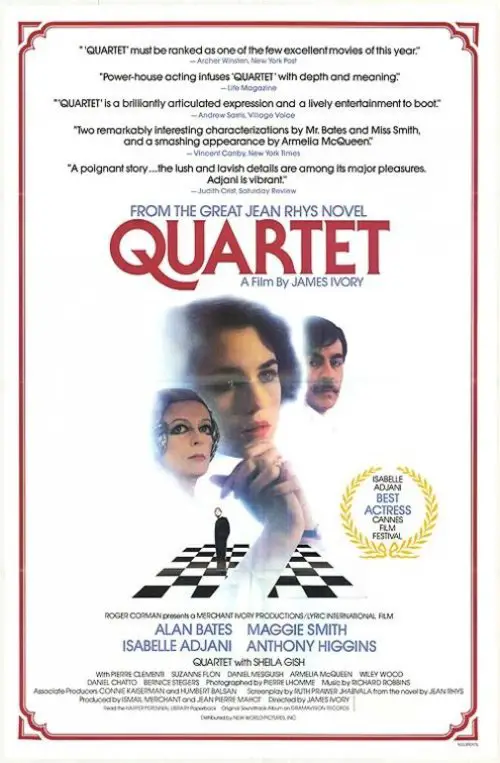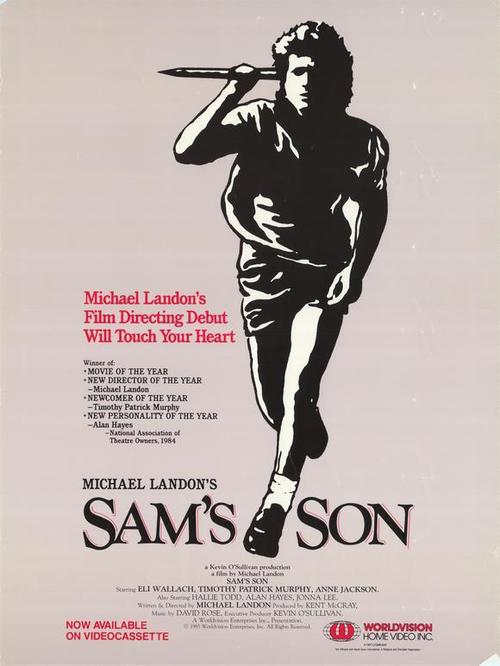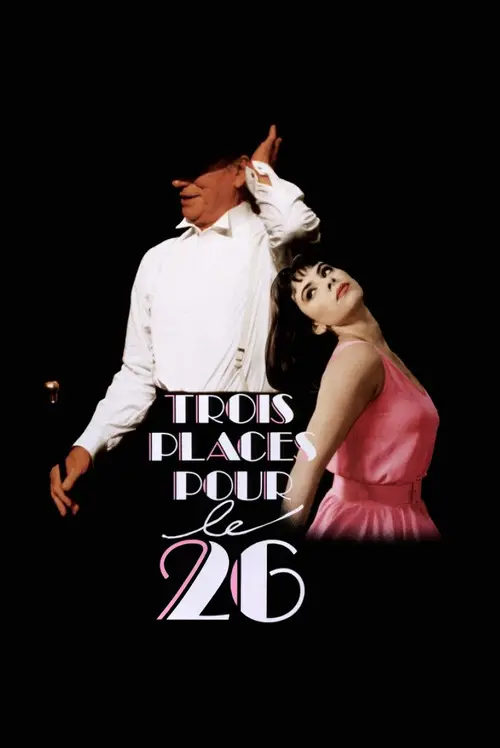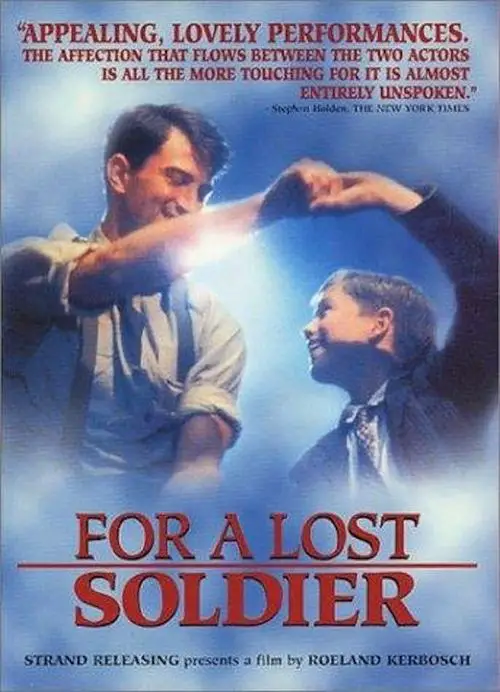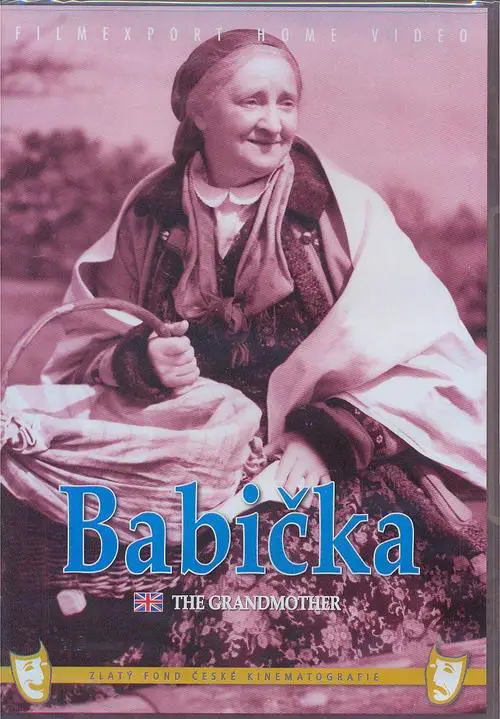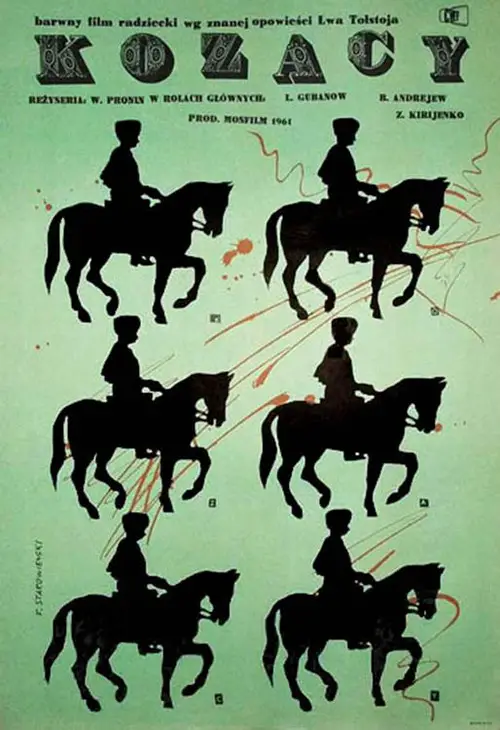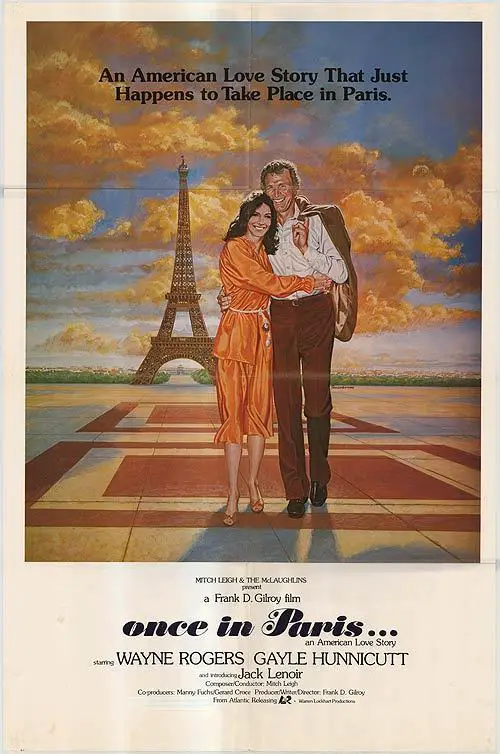Can Heironymus Merkin Ever Forget Mercy Humppe and Find True Happiness? (1969)
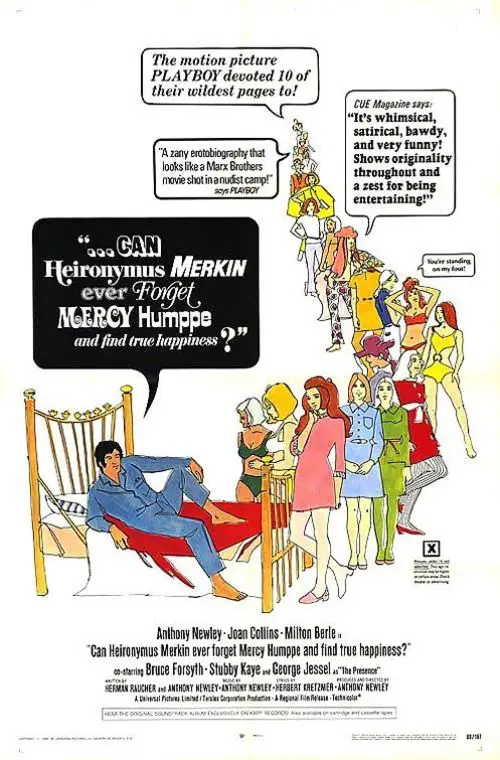
Similar movies
This family drama is the sequel to director Henri Verneuil's autobiographical film, Mayrig. It takes place some forty years after the end of the previous film. In the earlier film, a young man has moved with his family to Marseilles from Armenia and is adapting to his new country to the best of his ability. This tends to put him in conflict with his traditional Armenian family. Nonetheless, they are all hardworking and loving. Now, forty years later, the lead character has changed his name to Pierre Zakar, because it is easier for the French to pronounce and relate to. He has also become a very successful playwright.
Entropy is the semi-autobiographical film by director which tells the story of a young director struggling to make a film for a despotic studio while his life falls apart around him. Along the way, he goes on tour with U2 to help them make a music video, gets married in Vegas, and has a conversation with his cat.
John Leguizamo's semi-falsified, one-man stand-up performance as...himself. This is his autobiographical story, about his life growing up, and his journey to try to be accepted by his father. We see this story through a bizarre myriad of characters and situations, which include the eccentric Uncle Sanny, the Fat Boy Called Bitch (John's little brother, Poochie), his mom, his evil grandmothers, and Lee Stratsberg, not to mention a brief appearance by Cantinflas as God.
On the one hand you have Judith Zahn, an arrogant, snobbish, bitchy Parisian editor. On the other hand meet Julien Demarsay: an insecure, timid, young bookseller from the East of France who has just written his first autobiographic novel, with what it takes of navel-contemplating and soul-searching. What do they have in common? Nothing much, except that sex will unite them, ambition part them before true love is born between them at last.
Five young men linger in a postadolescent limbo, dreaming of adventure and escape from their small seacoast town. They while away their time spending the lira doled out by their indulgent families on drink, women, and nights at the local pool hall. Federico Felliniâs second solo directorial effort (originally released in the U.S. as The Young and the Passionate) is a semiautobiographical masterpiece of sharply drawn character sketches: Skirt chaser Fausto, forced to marry a girl he has impregnated; Alberto, the perpetual child; Leopoldo, a writer thirsting for fame; and Moraldo, the only member of the group troubled by a moral conscience. An international success and recipient of an Academy Award® nomination for Best Original Screenplay, I vitelloni compassionately details a year in the life of a group of small-town layabouts struggling to find meaning in their lives.
Everyone is searching for love in director Brian Hecker's semi-autobiographical story. Danny Stein, a high school senior at the bottom of the social food chain, needs a prom date. As a cause of anxiety for Danny, Bart Beeber, the nerdiest guy in school, has already found a date -- and booked a hotel room. At the same time, Danny's divorced parents are both looking for relationships again.
A film based on the semi-autobiographical novel of the same name by American writer Jonathan Safran Foer, in which a young Jewish American man endeavorsâwith the help of eccentric, distant relativesâto find the woman who saved his grandfather during World War II, in a Ukrainian village which was ultimately razed by the Nazis.
A romantic comedy about a man, a woman and a football team. Based on Nick Hornby's best selling autobiographical novel, Fever Pitch. English teacher Paul Ashworth believes his long standing obsession with Arsenal serves him well. But then he meets Sarah. Their relationship develops in tandem with Arsenal's roller coaster fortunes in the football league, both leading to a nail biting climax.
Hollywood comedian/actor Pauly Shore loses everything: his house, nobody in Hollywood wants to represent him, he moves back home with his mom and is now parking cars at the Comedy Store. Then one night when he's up in his mom's loft, a dead famous comedian appears who tells Pauly to kill himself cause he'll go down as a comedic genius who died before his time. Pauly then fakes his own death, and the media goes crazy. Celebrities are talking about him on MTV and girls are fighting over him on Jerry Springer. It's everything that he wanted...his plan worked. A week or so later the LAPD is tipped off about his whereabouts and they break down the door of the seedy motel room that he's hiding out in and throw him in LA County's celebrity wing.
As a writer named Mike struggles to shepherd his semi-autobiographical sitcom into development, his vision is slowly eroded by a domineering network executive named Lenny who favors trashy reality programming. The irony, of course, is that every crass suggestion Lenny makes improves the show's response from test audiences and brings the show a step closer to getting on the air.
One of the first fictional efforts by former documentary maker Claudia Weill, Girlfriends focuses on a pair of roommates, Susan Weinblatt and Anne Munroe, played by Melanie Mayron and Anita Skinner. Anne gets married, leaving the plump, insecure Susan alone for virtually the first time in her life. A mild flirtation with a rabbi leads to a whole new life for Susan when she becomes a portrait photographer for Jewish weddings and bar mitzvahs. Claudia Weill wrote the (presumed) autobiographical screenplay with Vicki Polon. Filmed in New Jersey, Girlfriends was an expansion of a short subject subsidized by the American Film Institute.
Jan Bocquoy narrates the story of his sexual life to age 28, imagining his conception (parents drunk, the encounter lasting ten seconds) and reporting his first orgasm (at the hands of Eddy, in a beach-side caravan, as they watch Laurel and Hardy), his comparative experiences with girls, and his move from Harelbeck to Brussels. There he meets Greta, bartender at a Bohemian cafe, who teaches him the Kama Sutra, the naked Esther, who reads him stories, and Thérèse, his wife for three years. They split after two children; he moves to a small flat, writes pornography to pay the bills, works sporadically on a novel, espouses anarchism, and meets more women. His self-confidence grows.
"John Leguizamo's Sexaholix... a love story marks the Emmy winner's return to HBO with his fourth solo special, an autobiographical performance directed by Marty Callner...explores personal topics such as his relationships with women and his complicated family dynamics...his story from childhood to fatherhood through a variety of characters."
If I is a Perrier Comedy Award-winning comedy one-man show written and performed by Demetri Martin at the 2003 Edinburgh Festival Fringe.[12] It was also aired on British television as a special. The show is an autobiographical examination of Martin's life, as seen through various definitions of the word "if." The title of the special comes from a lengthy palindromic poem that Martin wrote; the words "if I" are at the center of the poem.
Bob Fosse's semi-autobiographical film celebrates show business stripped of glitz or giddy illusions. Joe Gideon (Roy Scheider) is at the top of the heap, one of the most successful directors and choreographers in musical theatre. But he can feel his world slowly collapsing around him--his obsession with work has almost destroyed his personal life, and only his bottles of pills keep him going.
A Farewell to Arms is a 1957 American drama film directed by Charles Vidor. The screenplay by Ben Hecht, based in part on a 1930 play by Laurence Stallings, was the second feature film adaptation of Ernest Hemingway's 1929 semi-autobiographical novel of the same name. It was the last film produced by David O. Selznick.
This is only the second Audie Murphy movie set in WWII after his autobiographical "To Hell and Back." Here Murphy steps out of his usual kid-Western role to play a civilian working for the Navy helping supply guerilla insurgents in the Philippines. His sole motive is not politics nor bravery, but to find his bride from whom he was separated during the Japanese invasion two years before
Pinter's semi-autobiographical play examining the surprise attraction, shy first steps, gradual flowering, and treasonous deception of a woman's extramarital affair with her husband's best friend; the entire story is told from the husband's point of view, with the scenes in precise reverse chronological order. Written by Dan Hartung
An autobiographical film taken from the experiences of writer-director Rob Moretti, CRUTCH is a coming-of-age tale about a young man's struggle with family problems and substance abuse. Behind a facade of suburban middle class perfection, David's home life is falling apart. As he tries to cope with the impossible situation, the troubled and impressionable teenager falls under the spell of Kenny, a georgous, thirty-something, has-been actor turned theatre coach. When Kenny's "support" escalates into seduction, David slowly decends into an abyss of drinking and drug addition from which he must escape if he is to survive. CRUTCH is a dramatic tale of the confusion of youth and the difficulties in finding oneself.
In the autobiographical I AM NANCY, the focus is squarely on Heather Langenkamp and her unique experience playing Wes Craven's legendary teen heroine Nancy Thompson. With tongue planted firmly in cheek, Heather asks the burning question: "Why Freddymania, and not Nancymania?" After personally experiencing the Freddy Krueger marketing craze, the rise of horror convention fandom and the phenomenon of eight Nightmare On Elm Street films, Heather reflects on the relevance of heroes in this modern age of monster lovers. Prepare to put yourself in Nancy's shoes and think about Elm Street in a whole new way.
Set in 1950 and based on the series of autobiographical short stories by Archin Panjabhan, the beginning finds Archin expelled from Bangkok's Chulalongkorn University in his sophomore year. He is packed off to southern Thailand, where he supposedly has a job waiting for him. It's in a remote, mountainous jungle that doesn't even "rate a spot on the map", a place that is little but all-consuming red mud and seemingly endless, torrential downpours. Archin arrives, letter of recommendation in hand, at the mining company office, only to be told that there are no jobs. The company's superintendent, Sam, a stern Australian veteran of the Death Railway who asks Archin if he is willing to do manual labor. Archin answers to the affirmative and he's hired. He's even given a house of his own, (which happens to be haunted).
A powerful and seductive Hollywood mogul convinces an impoverished West Hollywood writer, whose lover has recently died of AIDS, to sell his autobiographical screenplay for big bucks. The writer, Robert, knows he'll have to make major changes in the script (like changing the sex of the dying lover). During the rewrite, the producer, Jeffrey, takes Robert under his wing, introducing him to his wife Elaine, herself a closet screenwriter. Jeffrey approaches Robert for sex and Elaine approaches Robert out of curiosity about his sex life in grief. The entangled triangle of relationships threatens more than the completion of a film script. Written by
Olivia captures the awakening passions of an English adolescent sent away for a year to a small finishing school outside Paris. The innocent but watchful Olivia develops an infatuation for her headmistress, Mlle. Julie, and through this screen of love observes the tense romance between Mlle. Julie and the other head of the school, Mlle. Cara, in its final months. Although not strictly autobiographical, Olivia draws on the author's experiences at finishing schools run by the charismatic Mlle. Marie Souvestre, whose influence lived on through former students like Natalie Barney and Eleanor Roosevelt. Colette wrote the screenplay for the 1951 film adaptation of the novel.
"Andremo in città " (We'll Go to the City) is a 1966 Italian drama film directed by Nelo Risi. It is based on the novel of the same name by Edith Bruck, Risi's wife. Bruck, a Hungarian concentration camp-survivor, settled in Italy after the Second World War and wrote about her experiences in autobiographical and fictional formats.[1] The film stars Geraldine Chaplin and Nino Castelnuovo.
Through the eyes of ten-year-old Alexander, we witness the delights and conflicts of the Ekdahl family, a sprawling bourgeois clan in turn-of-the-twentieth-century Sweden. Ingmar Bergman intended Fanny and Alexander as his swan song, and it is the legendary directorâs warmest and most autobiographical film, a four-time Academy Awardâwinning triumph that combines his trademark melancholy and emotional intensity with immense joy and sensuality.
Mark Rappaport's creative bio-pic about actress Jean Seberg is presented in a first-person, autobiographical format (with Seberg played by Mary Beth Hurt). He seamlessly interweaves cinema, politics, American society and culture, and film theory to inform, entertain, and move the viewer. Seberg's many marriages, as well as her film roles, are discussed extensively. Her involvement with the Black Panther Movement and subsequent investigation by the FBI is covered. Notably, details of French New Wave cinema, Russian Expressionist (silent) films, and the careers of Jane Fonda, Vanessa Redgrave, and Clint Eastwood are also intensively examined. Much of the film is based on conjecture, but Rappaport encourages viewers to re-examine their ideas about women in film with this thought-provoking picture.
Rising, rather autobiographical novelist Giph has a hot girlfriend, doctor and model Samarinde. His crude, domineering and progressive mother Ria's suffering an incurable decease in which she suffers from paraplegia. Her inevitably ensuing death is brought forward with euthanasia. Giph is struggling to handle the situation with his mother. Shortly after his mother has passed he away, he decides to join his fun loving friends on La Palma for a holiday. There Samarinde tells her boyfriend she's expecting his baby
Filmmaking icon Agnès Varda, the award-winning director regarded by many as the grandmother of the French new wave, turns the camera on herself with this unique autobiographical documentary. Composed of film excerpts and elaborate dramatic re-creations, Varda's self-portrait recounts the highs and lows of her professional career, the many friendships that affected her life and her longtime marriage to cinematic giant Jacques Demy.
Louisa May Alcott's autobiographical account of her life with her three sisters in Concord Mass in the 1860s. With their father fighting in the civil war, the sisters: Jo, Meg, Amy and Beth are at home with their mother - a very outspoken women for her time. The story is of how the sisters grow up, find love and find their place in the world.
At some point, everyone has asked the question, why is it so hard to find love? In this final installment of the autobiographical trilogy that includes Vinyl and I, Curmudgeon, Alan Zweig reflects with disarming candour on why, if he longs for a partner and children, he is still single at mid-life. Through intimate, heartfelt and often hilarious interviews with a series of diverse, smart and attractive single women, Zweig explores yearnings for the romantic myths of our culture and the difficulty of finding and sustaining relationships. Some women have come to accept and prefer being alone, but many still dream of a future they can share. Rather than remaining the objective observer, Zweig approaches his female subjects as kindred spirits, sharing their vulnerability and openness. A perfect mixed tape of love songs provides the backdrop for this courageously candid look at love and longing.
Death in Arizona is a futuristic documentary of lost love and a tale of a dying civilization. It is an autobiographical portrayal of a man who returns to his lost loveâs empty apartment in pursuit of answers. The distant voices of a tribe in Arizona that survived a meteorite strike make their way into the third story apartment of this obscure Bolivian city.
Quartet is the story of a girl who, adrift with her feckless husband amidst the literati of glittering Paris in the 1920s, becomes entrapped by a rich and sybaritic English couple. Adapted from the wistful, melancholy autobiographical novel by Jean Rhys, Quartet is full of intense confrontations dazzlingly acted by Alan Bates, Maggie Smith, Anthony Higgins, and Isabelle Adjani. This is one of the Merchant Ivory teamâs darkest and most compelling dramas of dangerously intertwined relationships.
In a charming mixture of fantasy and reality, this film recalls the great musicals of Hollywood's Golden Age. Yves Montand, playing himself, returns to his hometown of Marseilles to appear in an autobiographical musical. Once there, he searches for the barmaid he once loved and also encounters young hopeful Marion, giving her the chance of a lifetime
Based on a semi-autobiographical novel by the great writer Leo Tolstoy, this engrossing drama is set at the turn of the 20th century and involves a momentous decision on the part of a young nobleman to take a hike from his present existence. He cannot bear to continue in the kind of meaningless life he has supposedly enjoyed, and so he travels to the Caucasus and settles into a Cossack community. Once there, he learns to appreciate real human qualities and values, falls in love, and makes genuine friends. Thus transformed, he has to decide whether to stay or to return to his responsibilities in the life he left behind.
© Valossa 2015–2026
| Privacy Policy
